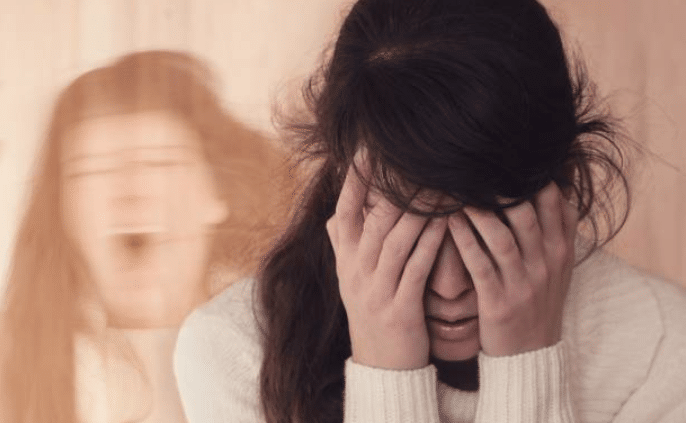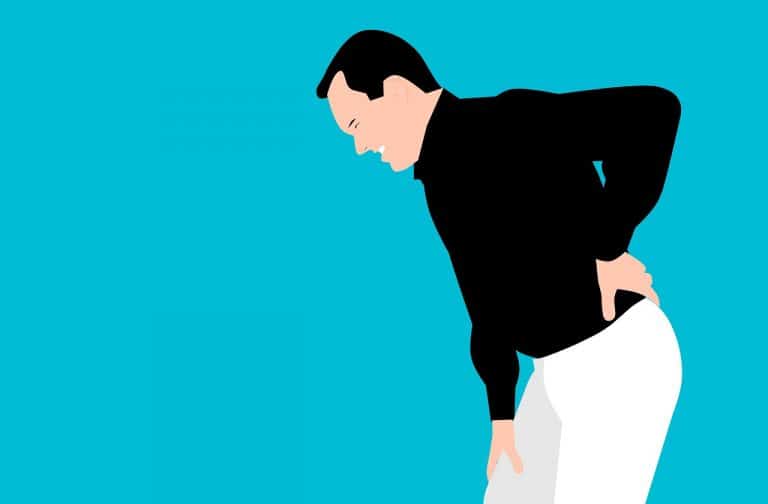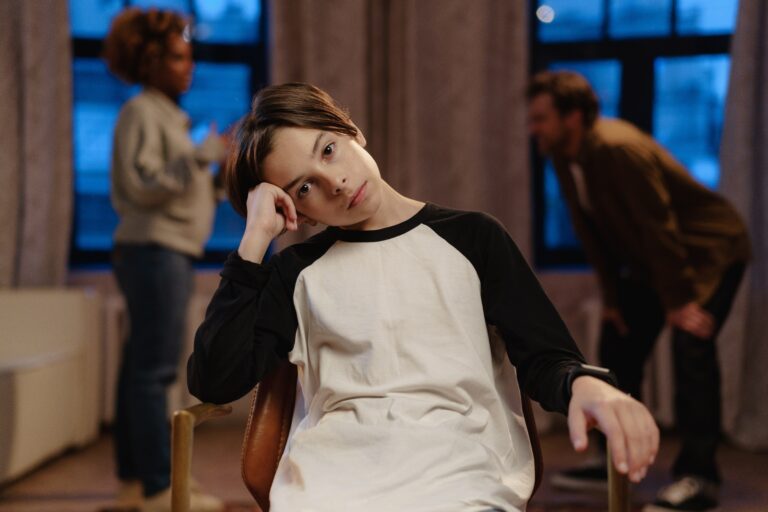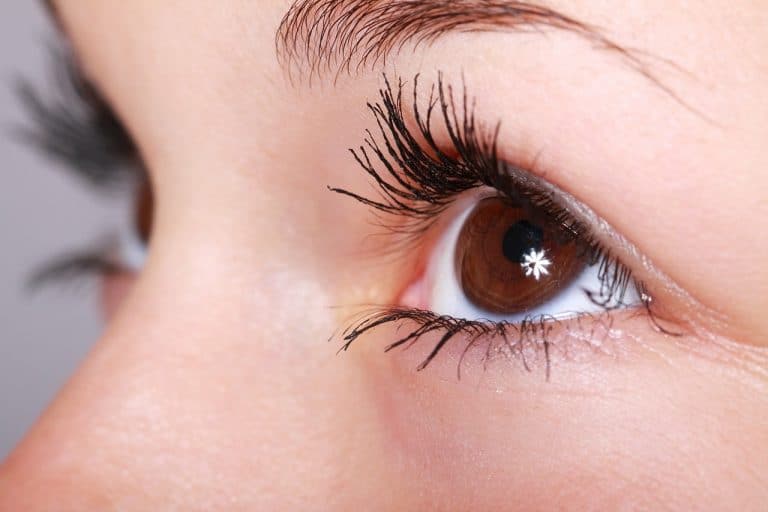Schizophrenia is a serious mental illness that requires lifelong treatment. According to a study published in Schizophrenia Research, the chance of a schizophrenic individual ever being discharged from any type of psychiatric care is 1 percent. This means that, even if their symptoms are controlled with medication, they still require psychiatric care.
The effectiveness of schizophrenia treatments is limited and depends on the method used. Psychosocial interventions are the most effective method of treating schizophrenics, while antipsychotic drugs can be moderately effective. The fact remains, however, that schizophrenia is difficult to treat and many patients do not respond well to treatments.
Schizophrenia is a chronic mental health disorder indicated by a range of symptoms like hallucinations, impaired cognitive ability, delusions, and disordered behavior or speech. The initial outbreak of the disease and its chronic course are thus a disabling disorder for most patients and their families.
Disability usually results from cognitive and negative symptoms like executive function, disabilities in attention or working memory. Additionally, relapse may happen due to positive symptoms like hallucinations, suspiciousness, and delusions.
There are top mental health rehabilitations In India that provide the best schizophrenia treatment and other mental illnesses. In India, the number of people who have schizophrenia has crossed 3 million. Schizophrenia tends to run in the family, but a single gene cannot be held responsible.
It is possible that distinct combinations of genes can make people susceptible to the condition. But acquiring these genes does not certainly mean that the person will develop schizophrenia.
Diagnosis
The diagnosis of persons with schizophrenia is attained through an assessment specific to a patient’s symptoms and signs. The diagnostic criteria comprise the persistence of active-phase symptoms like disorganized speech, delusions, catatonic behavior, negative symptoms, and hallucinations, each lasting for one month.
The schizophrenia patient must also indicate a reduced level of functioning concerning work, self-care, or interpersonal relationships. After the indication of symptoms for one month, there must be continual signs for at least six months.
A distinctive, comprehensive diagnosis of schizophrenia is significant to differentiate the disorder from any other mental conditions like schizoaffective disorder, obsessive-compulsive disorder, post-traumatic stress disorder, schizophreniform disorder, and body dysmorphic disorder.
The top mental health rehabilitation can differentiate schizophrenia from these similar mental conditions through a careful examination of the illness duration, seriousness of manic or depressive symptoms, and the timing of hallucinations. Additionally, the clinician must also confirm that the symptoms are not an outcome of substance abuse or any other medical condition.
Schizophrenia Treatment options
Schizophrenia Treatment options are important to consider when you suspect you may have this disorder. Living with this disease can bring stresses and responsibilities that can cause you to alter your lifestyle, thus making it incredibly difficult to handle the symptoms and prevent relapses. If you or someone close to you is going through the experience of schizophrenia treatment, knowing when symptoms go away, treatment plans and other aspects of this disease can make a lasting impact on your life. The sooner you know about your options the better off you will be.
1. Non Pharmacological therapy
The aim of schizophrenia treatment includes treating symptoms, obstructing relapse, and improving adaptive functioning to ensure that the patient can be united back into society.
Since patients hardly return to their basic adaptive behavior level, there is a need for pharmacological and nonpharmacological treatments to optimize long-term results. Pharmacotherapy is the backbone of schizophrenia treatment, but residual symptoms will persist.
For this very reason, nonpharmacological treatments like psychotherapy are also crucial. Psychotherapeutic approaches are divided into three main categories: cognitive-behavioral, group, and individual.
It is an evolving area of emerging psychotherapies that include meta-cognitive training, mindfulness, and narrative therapies. The mental rehabilitation centers in India make use of nonpharmacological treatments as an addition to pharmacological treatments. They can aid to make sure that the patients have a positive effect on their medications.
2. Pharmacological therapy
Combination and augmentation therapy are used for patients who do not show enough response to Clozapine. Mental health professionals in psychiatric rehabilitation and recovery centers observe the guidelines when carrying out augmentation therapy. They are:
·The treatment is used in patients who only show inadequate response to preceding therapy.
·Augmentation agents are not given alone since they are hardly effective for patients with schizophrenia symptoms.
·Patients who are treated with augmentation therapy usually improve quickly. If the augmentation approach does not improve the symptoms of patients, the agent is discontinued.
The common augmentation agents are mood stabilizers. For example, lithium enhances behavior and mood in quite a few patients. In combination therapy, antipsychotic drugs like FGA and SGA or two distinct SGAs are used concurrently.
3. Long-acting injectable antiseptic agents
The medications of long-acting antipsychotic agents offer a viable choice for patients who are non-cohesive to oral medication. Mental health professionals will also determine whether the schizophrenia patient’s nonadherence is because of the adverse effects of treatment.
If the patient is non-adherent, the professional or psychiatrist will provide an oral medication with a more favorable adverse effect profile. Before moving to long-acting injectable therapy, a brief trial is conducted with the long-acting injectable counterpart to determine tolerability.
4. Treatment-resistant schizophrenia
An essential antipsychotic concerning the management of treatment-resistant schizophrenia is Clozapine. This drug is about 30% effective in managing schizophrenic episodes in patients who are treatment-resistant compared to a combination of both benztropine and chlorpromazine, which has a 4% efficacy rate. Clozapine is also effective in increasing concentrations of serum sodium in patients who suffer from hyponatremia and polydipsia.
Conclusion
Schizophrenia treatment is effective only when prompt treatment is provided at the initial indications of a psychotic episode. Mental health professionals in top mental health rehabilitation always consider the possibilities of nonadherence and adverse effects of treatment when developing an extensive treatment plan.








![Home Renovation Guide [2025]](/app/uploads/2021/04/design-hacks-1-378x300.jpg)


